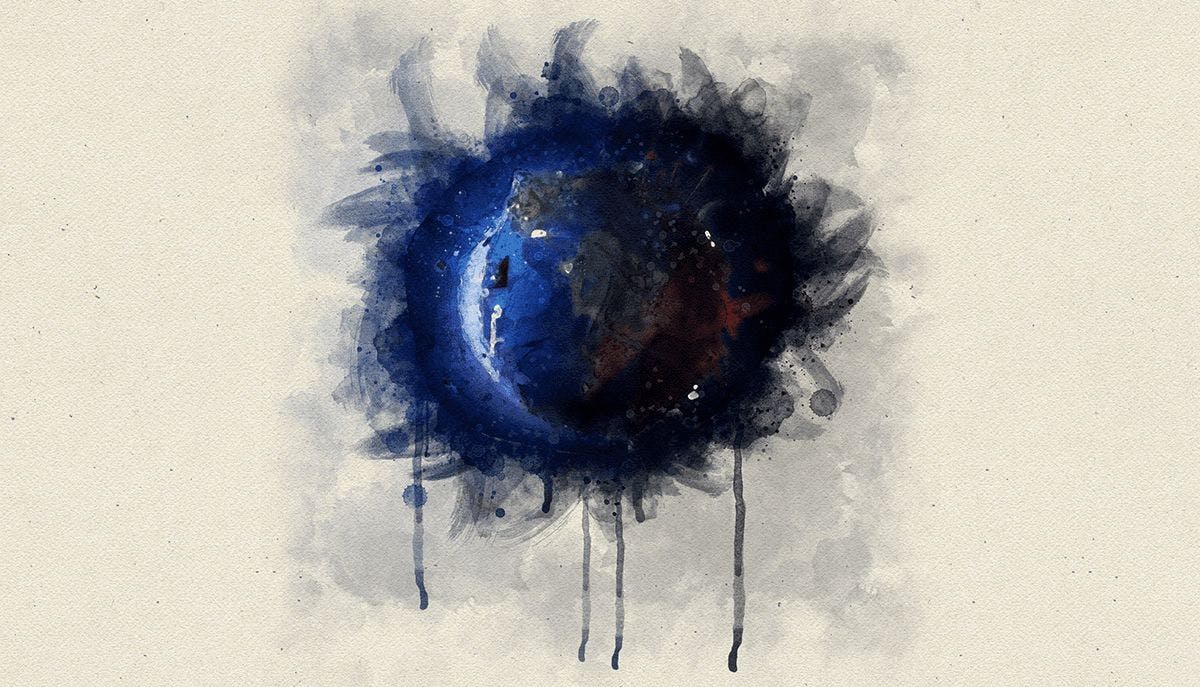503 reads
WTF is The Fediverse?
by
October 28th, 2021
Audio Presented by

Writer of blog/newsletter. Tech Director. Likes Privacy, Productivity, Infosec, Death Metal, Photography and good UX.
About Author
Writer of blog/newsletter. Tech Director. Likes Privacy, Productivity, Infosec, Death Metal, Photography and good UX.
